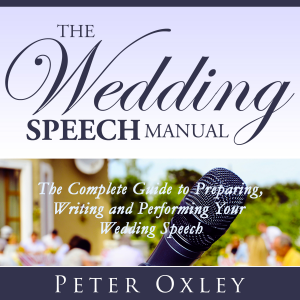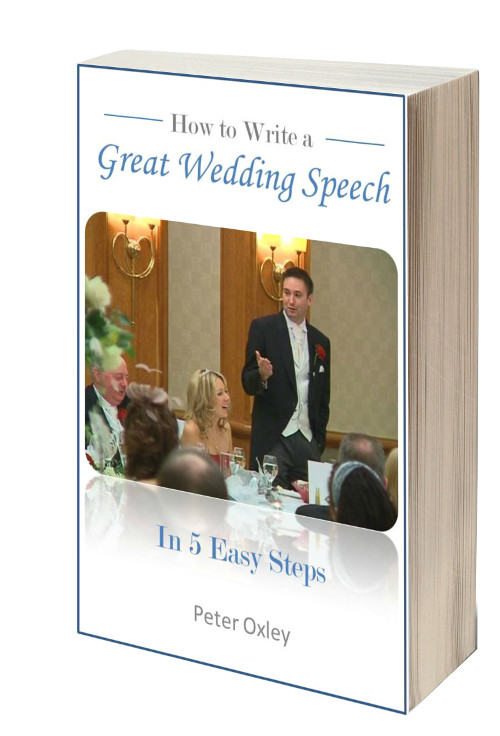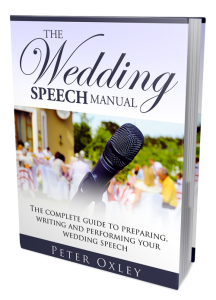Advice for the Best Man
 As the best man, it’s forgivable to think that you’ve got the rough end of the stick, but focus on the positives. At the very least, you’ll know the groom and bride, plus the lads from the stag do. If nothing else, people will want to be entertained by you – that’s the best man’s job and that’s their expectation. That may be a daunting thought, but look at it this way – they will be in a positive, welcoming frame of mind because:
As the best man, it’s forgivable to think that you’ve got the rough end of the stick, but focus on the positives. At the very least, you’ll know the groom and bride, plus the lads from the stag do. If nothing else, people will want to be entertained by you – that’s the best man’s job and that’s their expectation. That may be a daunting thought, but look at it this way – they will be in a positive, welcoming frame of mind because:
• It’s a wedding and therefore a happy day,
• The groom chose you as best man so there must be something good about you, and
• They’re looking forward to your speech so will be in a positive frame of mind – this is a great starting point for you!
At this point, in the interest of balance, I should talk here about how it’s not actually that bad being the best man. How it really doesn’t matter if you’re not fully, or inappropriate, how everyone will be on your side.
However, I don’t want to lie to you. The best man’s is the hardest out of the three wedding speeches. In many cases you only really have the goodwill of your friends to draw on, while facing the stony glares of both sets of relatives.
Not all is lost however – there are ways that you can generate goodwill and ensure the audience are on your side:
• Use every opportunity to get to know people – be nice, charming, vulnerable, own up to being nervous – anything to get them onside. At the stag do, get to know those people you don’t know already.
• Road test your lines fully to make sure that they are funny and appropriate.
• Practise, practise, practise – to ensure that you do the best possible job.
• Keep your speech personal, avoiding too many one-liners – a heartfelt (if humorously ribbing) speech about how important the groom and his happiness is to you will always go down well.






